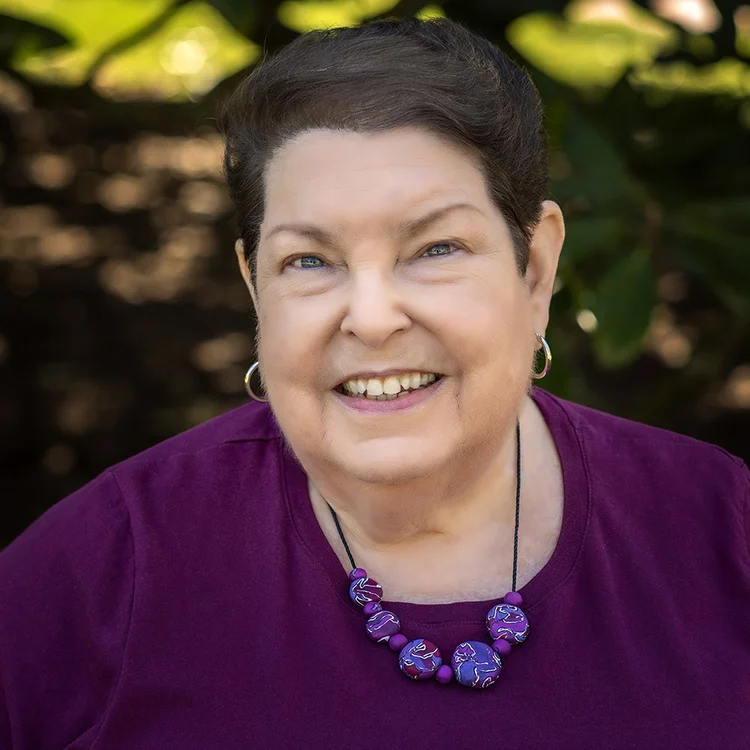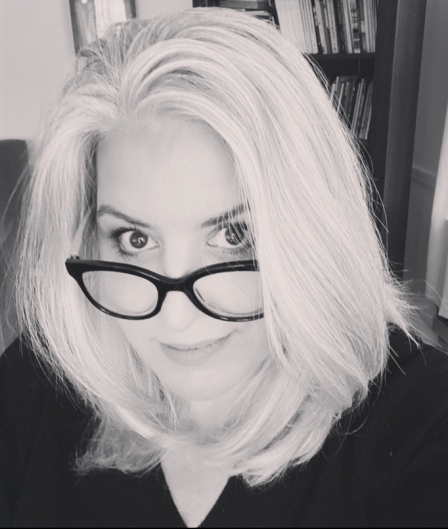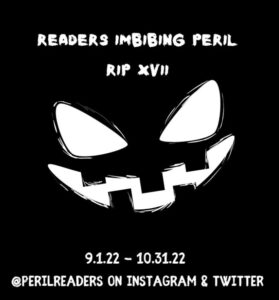
Paperback, 175 pgs.
I am an Amazon Affiliate
The Art of Revision: The Last Word by Peter Ho Davies examines revision holistically through examples from published literature and revised stories over time from writers like Raymond Carver and his editor Gordon Lish, Frank O’Connor, Ernest Hemingway, and others, as well as a look at popular cinema, such as Terminator, and its revisions.
The crux of this craft book is: “The truth is that while our own ability to make new stories, and remake old ones, ends with us, life continues to revise us. Life in some sense is revision, and revision a measure of how alive a story continues to be. (pg. 171) Throughout, Davies examines his own work on The Welsh Girl and a story from his own past in which his father intervenes to save a Sikh boy from being beaten.
While this reference book is focused on short stories and novels, it’s takeaways regarding revision and our “darlings” can be applied to poetry. “Revision is very much a process of close reading ourselves and our work,” he says. (pg. 14) In a way it is not about the cutting or the reduction of the text all of the time, but the expansion and contraction of text to find the meat of the story and the truth of it. “I suspect a guiding principle of early drafts might be better phrased as ‘Write to know,‘ and of revision, ‘Revise to know more,” and of a final draft, ‘I’ve written what I now know.'” (pg. 36)
I’ve always loved the possibility of revision, but I’ve also cut poems down into enigmas and missed the points the poems were making entirely. I’ve played with words, phrasing, line breaks, and more to a point where the poem is even confused about itself. This book has helped me see that revision needs to be a little more focused, not targeted, but shining a light on the meaning/truth of the poem.
The Art of Revision: The Last Word by Peter Ho Davies is a nonfiction craft book I would highly recommend for poets, short story writers, novelists, and others. Davies is frank in his advice and his own limitations, but he also demonstrates that revision is a skill that can be learned, enjoyed, and even provide us with our own truth about ourselves and the stories that we are drawn to and must write on the page.
***Thanks to Melanie Figg for the recommendation.***
RATING: Cinquain

Peter Ho Davies‘s most recent books are the novel A Lie Someone Told You About Yourself, long-listed for the Aspen Words Literary Prize, and The Art of Revision: The Last Word, his first work of non-fiction. His previous novel, The Fortunes, a New York Times Notable Book, won the Anisfield-Wolf Award and the Chautauqua Prize, and was a finalist for the Dayton Literary Peace Prize. His first novel, The Welsh Girl, a London Times Best Seller, was long-listed for the Booker Prize. He has also published two short story collections, The Ugliest House in the World (winner of the John Llewelyn Rhys Prize, and the Oregon Book Award) and Equal Love (finalist for the Los Angeles Times Book Prize, and a New York Times Notable Book).
Davies’ work has appeared in Harpers, The Atlantic, The Paris Review, The Guardian, The Washington Post and TLS among others, and been anthologized in Prize Stories: The O. Henry Awards and Best American Short Stories. In 2003 Granta magazine named him among its “Best of Young British Novelists.”
Davies is a recipient of fellowships from the Guggenheim Foundation, and the National Endowment for the Arts and a winner of the PEN/Malamud and PEN/Macmillan Awards.
Born in Britain to Welsh and Chinese parents, he now makes his home in the US. He has taught at the University of Oregon, Northwestern and Emory University, and is currently on faculty at the University of Michigan.

 About the Poet:
About the Poet:


 About the Poet:
About the Poet:






 About the Poet:
About the Poet:





